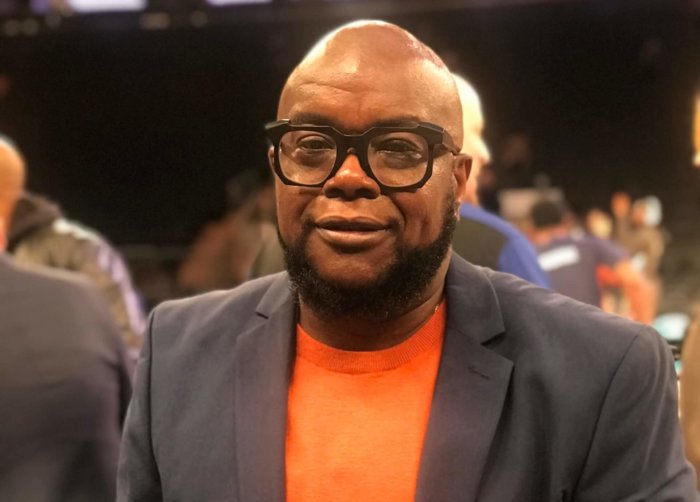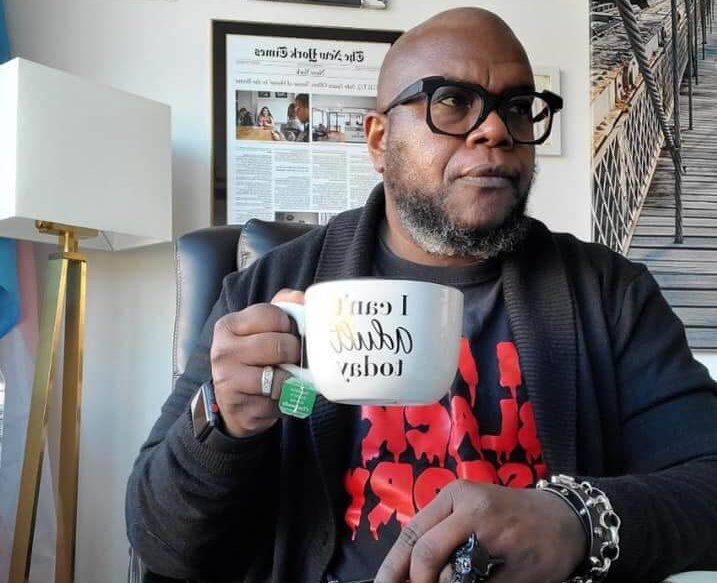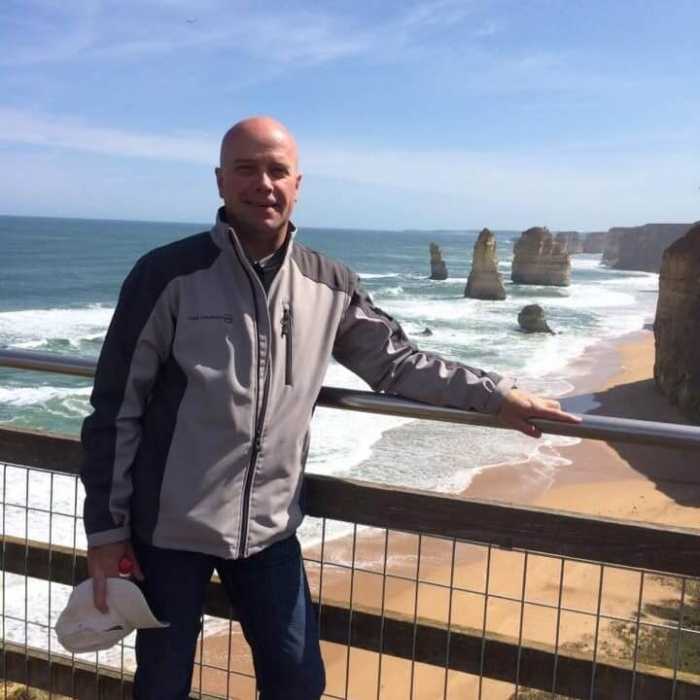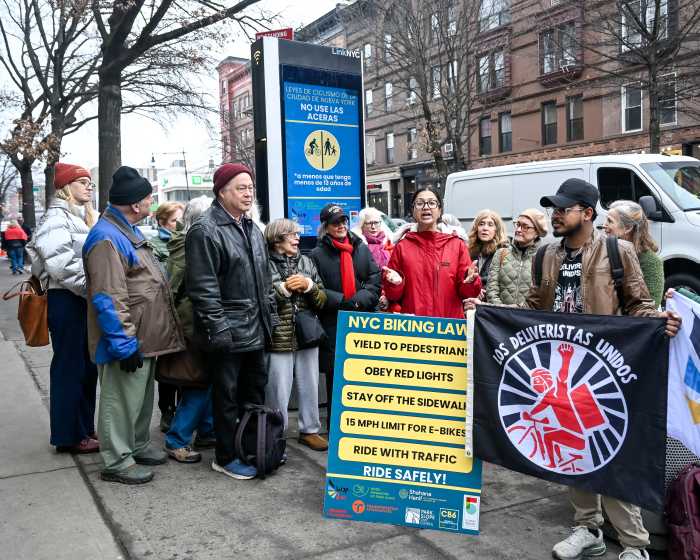Sean Coleman, the founder of Destination Tomorrow in the Bronx, just wanted to be the representation he did not have growing up.
The 52-year-old Bronx-based non-profit leader launched Destination Tomorrow more than a decade ago, and it has since blossomed into one of the only LGBTQ-inclusive spaces for Black and Brown people in a borough that has not been known as a bastion of tolerance or visibility for the queer community.
His journey to the top of that organization, however, did not come with ease. A native of the Bedford-Stuyvesant section of Brooklyn, Coleman gives credit to his late grandmother — who owned two buildings in that borough — for instilling the importance of economic justice. Beyond her, however, he lacked the role models he needed in a society that has long failed to give Black trans men sufficient visibility.
“As a Black trans man finding my way, I didn’t see spaces that were accommodating or comfortable,” Coleman explained. “I didn’t hear language that was being used that I can identify with.”
He added, “I didn’t fit into somebody else’s model or image.”
Coleman went on to overcome the impact of that invisibility and successfully launched an organization that has provided clients with everything from career readiness training and GED programs to healthcare services. How he got there, however, is a key piece of his story.
In 1997, Coleman finally found a safe haven that would eventually establish the foundation he needed to spark a successful career helping others. It was that year when he got involved in the ballroom scene, started walking in shows, and joined historic House of LaBeija and the House of Ebony. Today he remains with the House of Ebony.
“I’ve said it before, and I’ll say it again: ballroom actually saved my life,” Coleman said. “It gave me an opportunity to find kinship. A whole bunch of other folks that were misfits and that folks had written off had found each other.”
Coleman said the houses served as a refuge for food and housing for trans and queer folks who piled up in just one room. Those tight quarters forced everyone to create meaningful bonds and lean on one another as they navigated their lives.
“It gave me the freedom to kind of explore my masculinity and what my masculinity was going to look like.”

While a member of the House of LaBeija, he said the late drag queen Pepper LaBeija, known for her glamorous fashion and role in “Paris Is Burning,” offered lasting lessons. She was adamant about making sure her children went to school and familiarized themselves with some kind of trade.
“’You have to be a whole person’ is what she used to tell us,” Coleman said. “I appreciated that so much because some folks did and still get caught up in ballroom so much so that their life was not as productive or significant as it could be,” he said.
Years later, those experiences still permeate Coleman’s career — and he has approached his work by combining his grandmother’s wisdom with his own desire to serve as the role model for younger generations that he never had.
“I wanted to create what didn’t exist,” he said. “I wanted to make sure that folks coming up behind me had an opportunity to have those resources without putting their lives or freedom in jeopardy.”
When he set out to launch Destination Tomorrow, Coleman was equipped with life experiences that informed his own approach to meeting the needs of the local queer community. He embarked on a mission to treat the root causes of inequality — and behind the scenes, that work was tedious. He said it took time to find funders who wanted to invest in the group beyond offering MetroCards and pizza.
“It was never something that was tangible or something that you can use,” Coleman said. “I wanted to create a space where economic empowerment was the driving force. I wanted to give folks the tools they needed to be successful.”

Moving forward, Coleman wants other Black trans men to see his story and know that they have the ability to create their own narrative. Speaking from his own life journey, he acknowledged that ballroom helped him realize that he could walk into any space and simply be himself.
“If I can stand on the runway in a crowd of 500 to 1,000 folks and be judged by six people on whether I’m real or passing… I can step in any space and ask for anything because there was no fear,” he said.
He added, “Ballroom made me comfortable enough to be seen as different but still be impactful.”
To sign up for the Gay City News email newsletter, visit gaycitynews.com/newsletter.





































